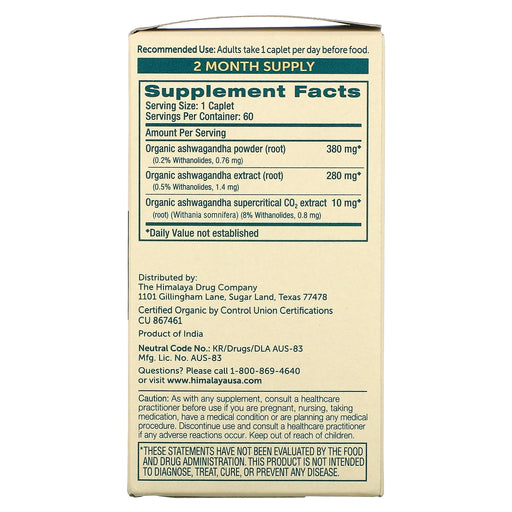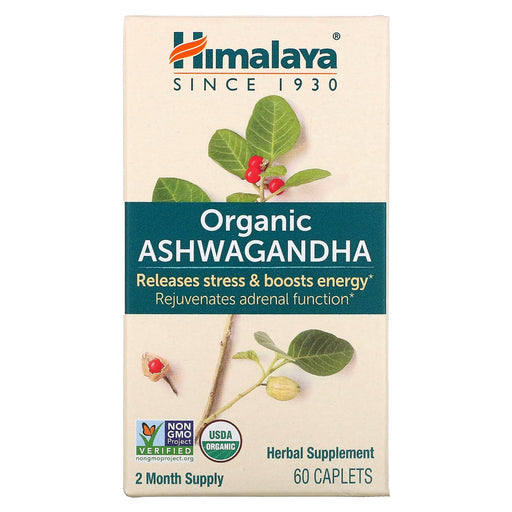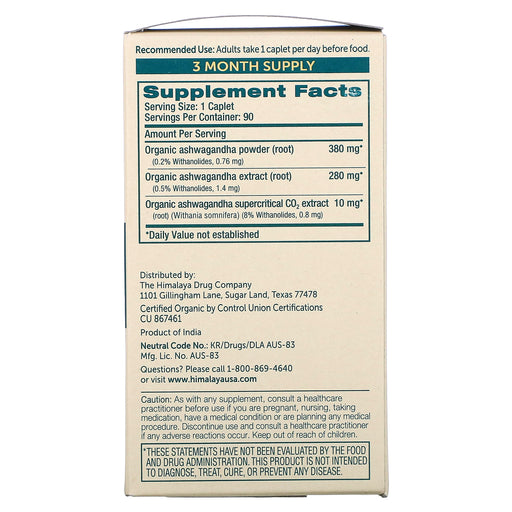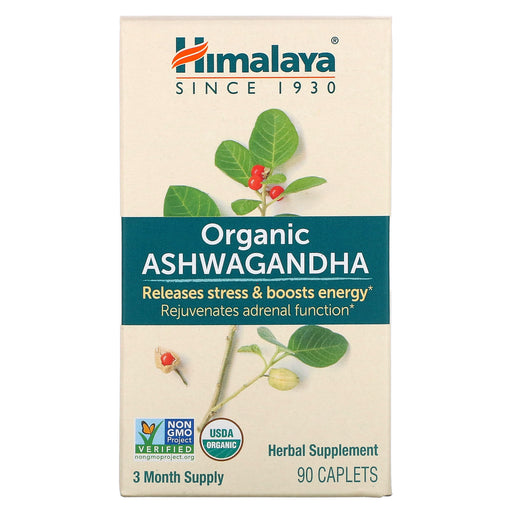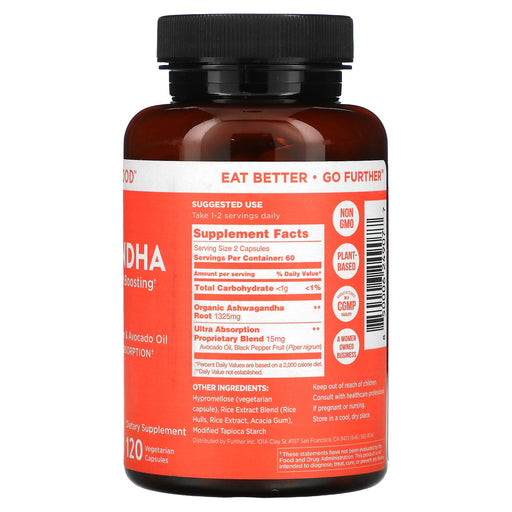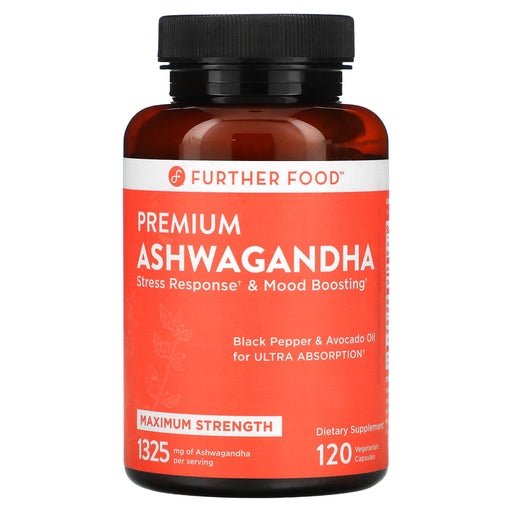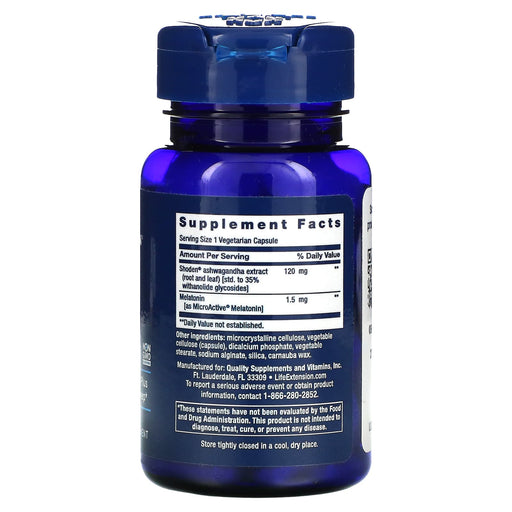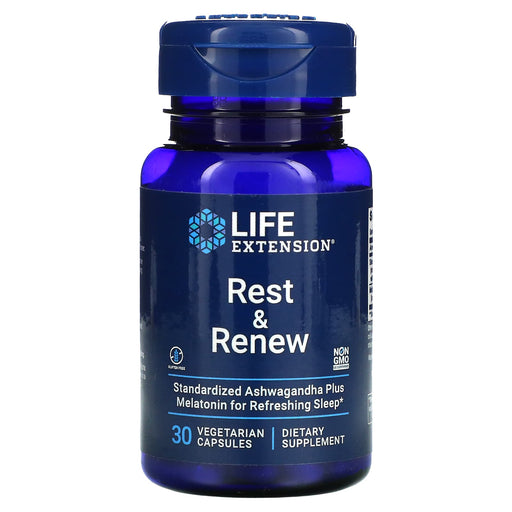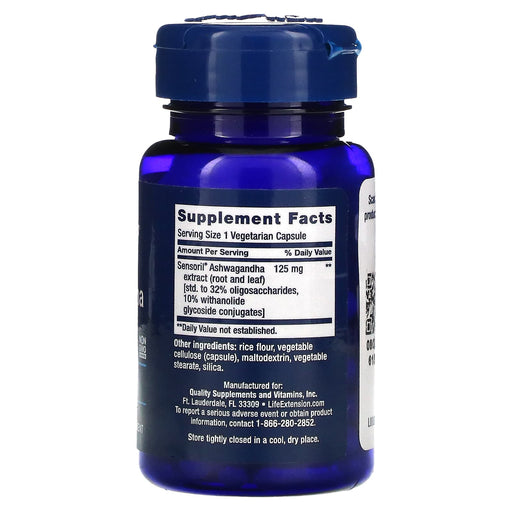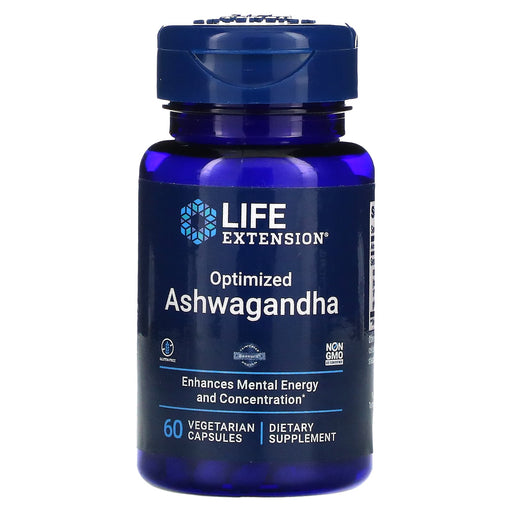
Release Your Body's Natural Resilience with Adaptogenic Supplements
In today's fast-paced, stress-filled world, it's more important than ever to support your body's natural ability to cope with stress and maintain balance. This is where adaptogens come in – a unique class of herbs and mushrooms that help the body adapt to physical, mental, and emotional stressors, promoting a sense of calm, resilience, and overall well-being.
What are Adaptogens?
Adaptogens are natural substances that help the body resist the effects of stress by regulating the stress response. These powerful plants and fungi have been used for centuries in traditional medicine systems like Ayurveda and Traditional Chinese Medicine to promote energy, vitality, and longevity.
Adaptogens work by interacting with the body's stress response system, the hypothalamic-pituitary-adrenal (HPA) axis, to help maintain homeostasis. They can help reduce the negative impact of stress on the body, improve mental clarity and focus, and support healthy energy levels and immune function.
The Benefits of Adaptogenic Supplements
Incorporating adaptogenic supplements into your daily routine can offer a wide range of potential benefits for stress management, mental performance, and overall health. Some of the key advantages of adaptogenic supplementation include:
- Stress Reduction: Adaptogens help the body cope with stress by regulating cortisol levels and promoting a sense of calm and balance.
- Improved Mental Clarity: Many adaptogens, such as Lion's Mane and Bacopa, have been shown to support cognitive function, memory, and focus.
- Increased Energy and Stamina: Adaptogens like Rhodiola and Cordyceps can help support physical endurance and reduce fatigue, making them popular among athletes and active individuals.
- Immune Support: Some adaptogens, like Reishi and Ashwagandha, have immune-modulating properties that can help boost the body's natural defenses.
- Emotional Well-being: By promoting a sense of calm and reducing the impact of stress, adaptogens can support emotional balance and overall well-being.
Choosing the Best Adaptogenic Supplement
When selecting an adaptogenic supplement, it's important to choose a high-quality product from a reputable brand. Consider the following factors:
- Specific Adaptogens: Different adaptogens offer unique benefits. Choose a supplement that contains the adaptogens best suited to your individual needs, such as Ashwagandha for stress relief or Lion's Mane for cognitive support.
- Quality and Purity: Look for supplements that are made with organic, sustainably sourced ingredients and are free from artificial additives and fillers.
- Potency and Standardization: Choose supplements that contain standardized extracts of adaptogens to ensure optimal potency and consistency.
- Synergistic Blends: Some supplements contain a combination of adaptogens that work synergistically to provide a more comprehensive range of benefits.
Maximizing the Benefits of Adaptogens
To get the most out of your adaptogenic supplement, consider the following tips:
- Be consistent: Adaptogens work best when taken regularly over time. Incorporate your supplement into your daily routine for optimal results.
- Pair with a healthy lifestyle: While adaptogens can help support stress management and overall health, they work best when combined with a balanced diet, regular exercise, and other stress-reduction techniques like meditation or deep breathing.
- Start slow: If you're new to adaptogens, start with a lower dose and gradually increase as needed to assess your tolerance and response.
- Consult with a healthcare professional: If you have any pre-existing health conditions or are taking medications, consult your doctor before starting an adaptogenic supplement to ensure safety and avoid potential interactions.
Unleash Your Body's Resilience with the Power of Adaptogens
If you're looking to support your body's natural ability to cope with stress, promote mental clarity, and maintain overall health and well-being, adaptogenic supplements may be the key to unleashing your resilience.
Search our selection of high-quality adaptogenic supplements and discover the power of these ancient herbs and mushrooms for yourself. With a commitment to purity, potency, and your individual needs, we're here to support you on your journey to optimal health and stress management.
Frequently Asked Questions about Adaptogens
1. What is the most powerful adaptogen?
The most powerful adaptogen may vary depending on individual needs and health goals, as different adaptogens offer unique benefits. Some of the most well-known and widely studied adaptogens include ashwagandha, rhodiola rosea, ginseng, and cordyceps, each with their own specific properties and potential health benefits.
2. Who should avoid adaptogens?
While adaptogens are generally safe for most people, there are some individuals who should avoid them or use them with caution. This includes pregnant or breastfeeding women, individuals with autoimmune disorders, and those taking certain medications (such as immunosuppressants or blood thinners). It's always best to consult with a healthcare professional before starting any new supplement regimen.
3. What are the negatives of adaptogens?
Potential negative effects of adaptogens are rare but may include digestive discomfort, headaches, dizziness, or sleep disturbances, particularly when taken in high doses or by sensitive individuals. Some adaptogens may also interact with certain medications or exacerbate pre-existing health conditions. To minimize the risk of adverse effects, always follow the recommended dosage instructions and consult with a healthcare professional before use.
4. What foods are high in adaptogens?
While adaptogens are primarily available in supplement form, some foods contain adaptogenic compounds or are derived from adaptogenic plants. These include medicinal mushrooms (such as reishi, cordyceps, and lion's mane), goji berries, holy basil, and licorice root. Incorporating these foods into a balanced diet may provide some of the benefits associated with adaptogens, but supplementation may be necessary to achieve therapeutic doses.
5. What is the best adaptogen for anxiety?
The best adaptogen for anxiety may vary depending on individual factors and the specific type of anxiety being addressed. Some adaptogens that have been studied for their potential anxiety-reducing effects include ashwagandha, rhodiola rosea, and holy basil. However, it's essential to consult with a healthcare professional to determine the most appropriate adaptogen for your specific needs and to rule out any potential interactions with existing medications or health conditions.
6. Are adaptogens like caffeine?
While some adaptogens, such as rhodiola rosea and ginseng, may provide a natural energy boost and help improve mental clarity and focus, they work differently than caffeine. Adaptogens work by helping the body better cope with stress and promoting overall balance, rather than providing a direct stimulant effect like caffeine.
7. Do adaptogens give you a buzz?
Adaptogens generally do not provide a "buzz" or a rapid, noticeable change in energy or mood like caffeine or other stimulants. Instead, they work gradually over time to help the body better adapt to stress and maintain a sense of balance and well-being. The effects of adaptogens are typically more subtle and cumulative, rather than immediate and intense.
8. Is CBD an adaptogen?
While CBD (cannabidiol) is not technically considered an adaptogen, it does share some similar properties in terms of its potential stress-reducing and balancing effects on the body. CBD interacts with the body's endocannabinoid system, which plays a role in regulating stress response, mood, sleep, and other physiological functions. However, more research is needed to fully understand the effects of CBD and how it compares to traditional adaptogens.
9. Do adaptogens make you sleepy?
Adaptogens generally do not make you sleepy, as they work to help the body better cope with stress and maintain overall balance. However, some adaptogens, such as ashwagandha and holy basil, may have a calming effect and help promote relaxation, which could potentially improve sleep quality when taken before bedtime. It's important to note that individual responses to adaptogens can vary, and it's always best to consult with a healthcare professional to determine the most appropriate use and timing for your specific needs.


